I am not a virus
An analysis released by the Center for the Study of Hate and Extremism at California State University, San Bernardino, anti-Asian hate crimes have increased by about 150 percent in 2020. More recent hate crimes have sparked the Stop Asian Hate Movement.
I am Korean, but I was born in the U.S. I left the states and moved to Korea when I was in Kindergarten. Ever since I came back to the U.S. to attend fourth grade, people look at me like I am an unearthly being. Others even mock my Asian eyes or say racial slurs like “Ching-Chong” or “Ling-Ling” while I walk past them. I have also had people tell me to “go back to my country”—even though this is my country.
I’ve never considered it racism or a big deal before, as I was uneducated and unaware of how big this issue was and still is. I thought it was normal. Growing up, my biggest insecurity was my small, slanted eyes. I was jealous of those who had double eyelids. Judging by my eyes, people would always ignorantly ask me if I’m Chinese. Not once has anyone ever guessed that I was Korean on their first try.
Recently, there have been numerous hate crimes against Asian-Americans all over the U.S. Some Asians have been treated unequally for being Asian, some have been brutally attacked and some even murdered. Due to these catastrophes, my family has been cautious when out in public. My mom always reminds me to call her if something happens and to not talk back to those who are rude to me for being Asian.
According to an infographic from BBC, there have been “2,808 reported incidents from March to Dec. 2020” of hate-related occurrences against Asian-Americans in the U.S. The infographic reveals that out of 2,808 reported incidents, 70.9 percent of Asian Americans have experienced verbal harassment, 21.4 percent have been shunned, 8.7 percent have been physically assaulted, 6.4 percent have been coughed on and 8.8 percent have been denied service or discriminated against by their workplace.
Not only are adults spreading this racism, but children have also easily followed the behaviors of those around them. A few weeks ago, as my family was getting in our car, a boy who lives around our neighborhood made blurted racially charged comments at us. I felt a combination of feelings when he said this, including utter shock at how a little boy could know such harmful racial slurs. Then I remembered the amount of racism that is taught and shown to children.
CNN states that children are not born with racism; rather, it’s the “underlying psychological and cognitive functions that lead us to see and categorize people by color.” Knowing this, it made me ponder just how many other young children like this boy are taught to treat others this way through the behavior of adults around them. There are too many.
This past year has been chaotic and unstable for everyone with the COVID-19 pandemic affecting all elements of everyday life. Many are tired and angry about the pandemic, which in some cases causes them to blame and lash out against Asian-Americans.
This has caused my family to be extra cautious when around non-Asian individuals. Granted, many individuals already had their negative sentiments about Asian-Americans, but the pandemic has elevated racism against us.
As a Korean-American who has the right to live in the United States, I should have no reason to be afraid when I leave my home. Yet the actions and behaviors of ignorant and uneducated racists are forcing me to constantly stay alert to protect myself and my family.
As an attempt in making a change in my community, I have been using my social media platform to speak out and educate my peers. I realized that even the smallest involvement would at least make a small change. And regardless of how many people take the time to educate themselves from what I post, I will continue to spread awareness.
Looking back, I would never trade my beautiful, slanted eyes for the double-eyelids I desired for so long. I am more than proud to call myself a Korean-American and I am not going to stop expressing my culture and identity for racists to feel more comfortable.
My race and ethnicity are a representation of my ancestors who courageously took the time and effort into making my family’s and my own life better. My parents did not intend for me to live in the U.S. in fear for my life. We need to do better. Learn about and educate yourself on the effect your actions have on various communities. Speak out and fight the battle against racism with us. Racism will not end until we all do our part, so do yours.
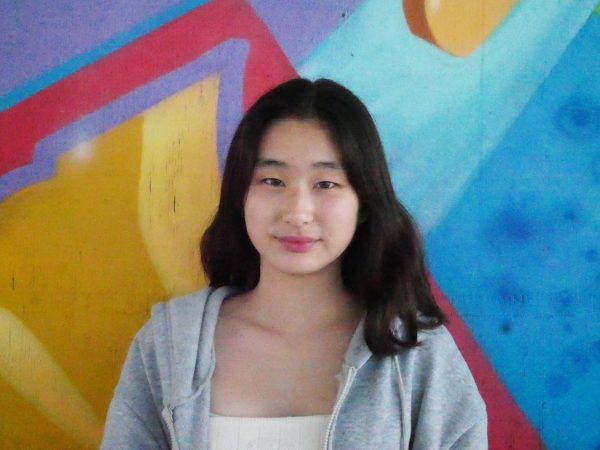
As a senior and Editor-in-Chief of BVH’s the Crusader, I hope to guide the publication to continue publishing articles that have an impact on our community....
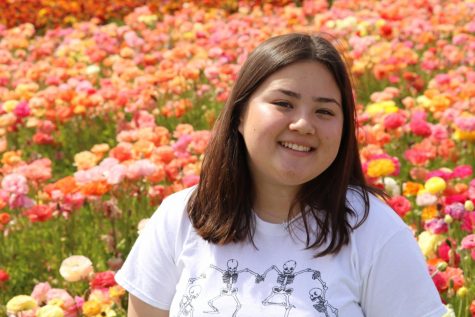
I am currently a senior at Bonita Vista High and this is my third and final year as a member of the Crusader. I enjoy journalism because it allows me to...

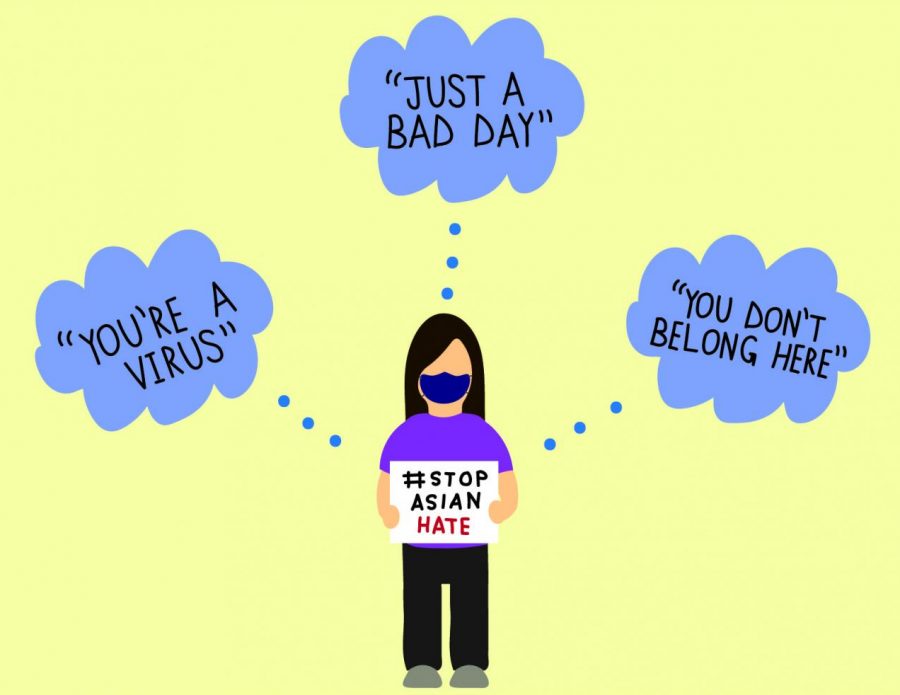
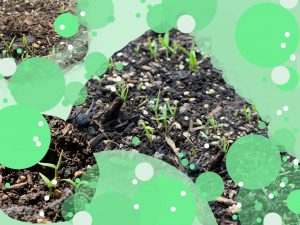
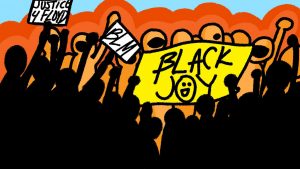
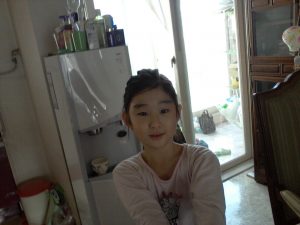
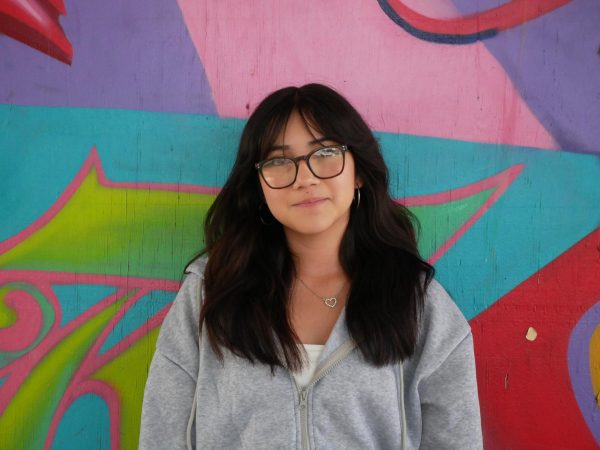
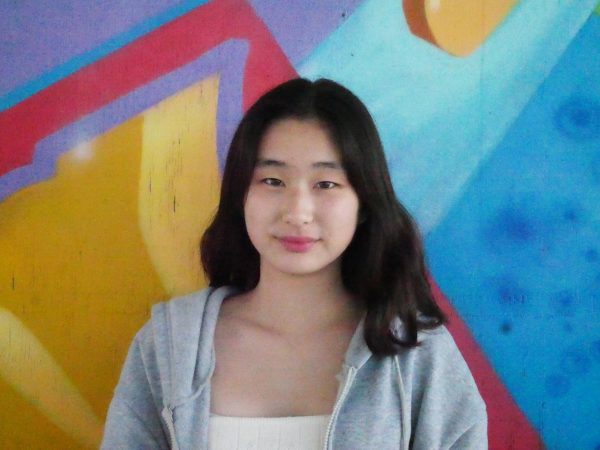

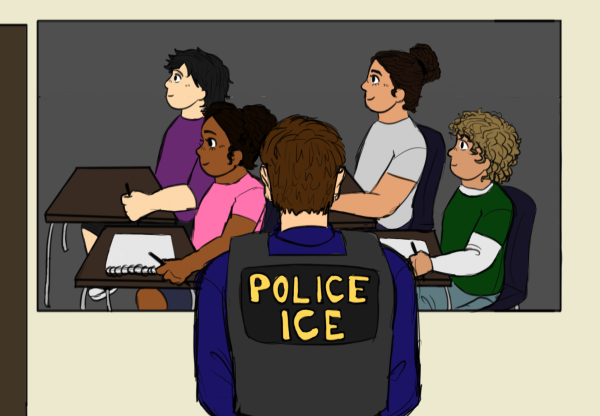
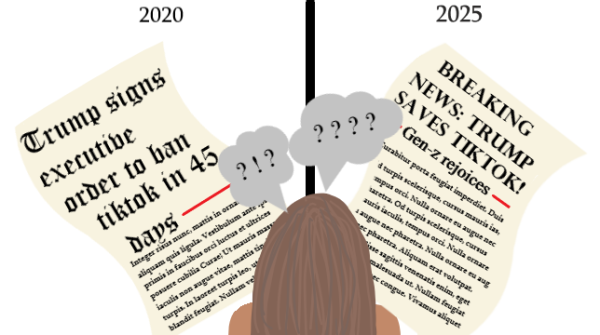
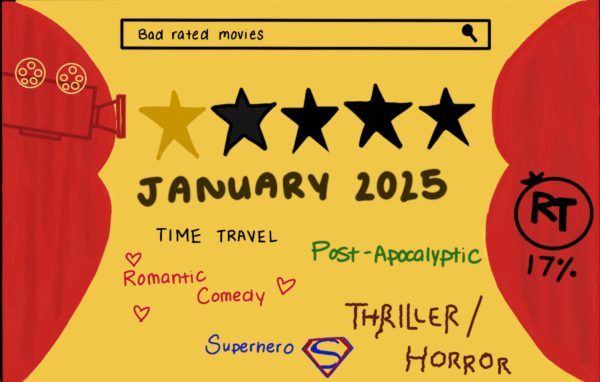
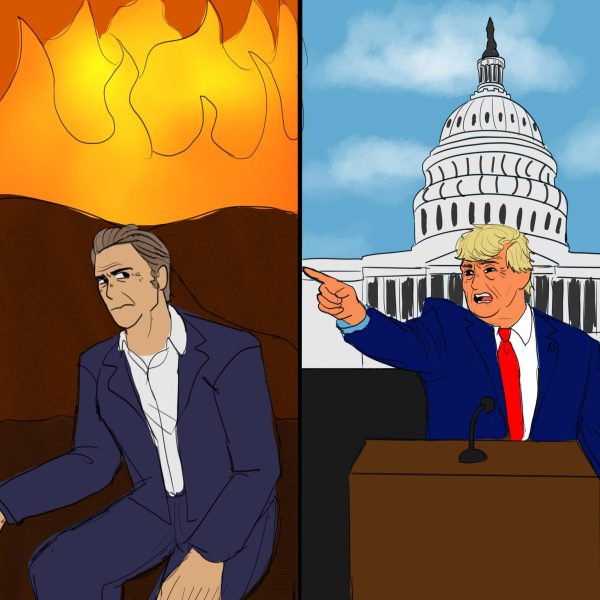
Jared Phelps • May 1, 2021 at 9:00 pm
Thank you, Grace, for taking the time to share your experiences with our community through this piece. Your ability to persevere under the weight of both the 1st hand racism you encounter in your life and the 2nd hand racism you encounter through the shared experiences of those in your community is a testament to your strength. I am thankful for your choice to use your social media platform to educate others. May you stay safe and may your voice and spirit grow in strength as you continue to fight for justice!